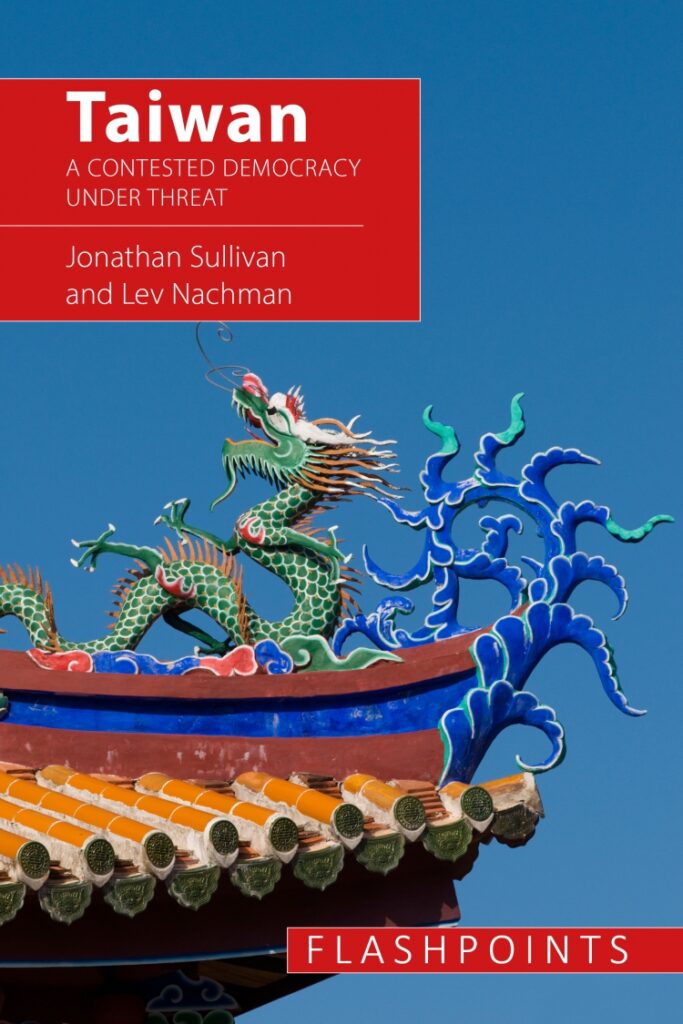
You should care about that island nation called Taiwan. Not because I told you to (and I am obviously biased,) but because how your democracy engages the country reflects its value, and to some extent, your value.
You should also try to understand it through its rich, complex history and people. Not just commentaries in the news when pundits speak of U.S.—China relationships.
Taiwan: A Contested Democracy Under Threat is the best book that I know of that will tell you all about it. The book thoroughly explored how Taiwan became what it is today, how it transformed itself into a young democracy, and most importantly, a framework to look ahead.
I have been reading Lev Nachman’s perspectives on contemporary Taiwan for quite a while. The book did not disappoint. I enjoyed the fresh new take on a topic that I’m already familiar with, especially through the lens of International Relationship studies. It was also entertaining in a way — I crackled when the authors explained how the two major parties employ their own versions of “strategic ambiguities” when cornering votes (my take, not the view of the book,) while precariously trying to avoid angering the bases. It is happening in real-time right now again, with the presidential election less than 30 days away.
I am especially appreciative of the conclusion:
Superpower politics and the conflict are the dominant lenses through which Taiwan is seen internationally, but Taiwanese agency and the complexity and diversity of Taiwanese wants and needs deserve to be heard.
Please get a copy. I am sure it is a worthwhile read.